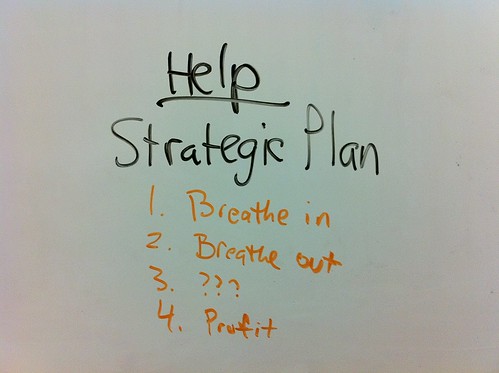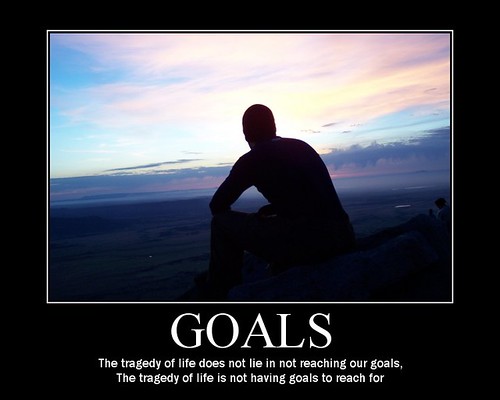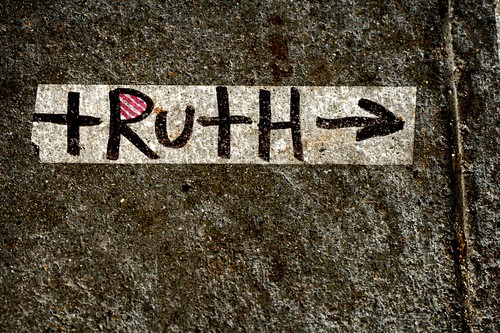Or, “Why I Didn’t Apply to Fill the Vacant School Board Position.”
Here in Wake County, North Carolina, one of the school board members passed away suddenly last year and left her seat vacant. Just before Christmas, the Wake County Public School System (WCPSS) began taking applications to fill the seat, which represents District 7. The application period ended yesterday. As noted, I did not apply.
You might think that I would be interested in applying, having just released the new edition of Quality Education a few weeks ago. I admit it, I was interested, and I wouldn’t mind helping the school board if the opportunity arose. But I didn’t apply for two reasons.
First, and you might have seen this coming: I’m in the wrong district. So even if I applied, they’d toss my application automatically.
But that’s a technicality. Even before I found out I was in the wrong district, I had decided not to apply. Why? The application package required a “letter of interest outlining your background and listing three strategies for advancing the board’s strategic plan,” but I couldn’t bring myself to support the strategic plan’s primary goal.
At first blush, there’s a lot to like in the WCPSS strategic plan. Despite some questionable editorial choices here and there, I particularly appreciated a couple of their Core Beliefs, such as treating each student as “uniquely capable” and that they intend to “promote and support a culture of continuous improvement, risk-taking, and innovation.” That’s what Quality Education was about when it was first published, much less now.
Then I came to the “Goals” section. There’s only one goal: “By 2020, WCPSS will annually graduate at least 95% of its students ready for productive citizenship as well as higher education or a career.”
As Queen sang in “Bohemian Rhapsody,” “No, no, no, no, no, no, no!”

(Image: “Strategic Plan Template,” by Scrum Alliance, on Flickr under Creative Commons.)
Ignore for the moment the unclear verbiage (is it that 95% of the students graduate, or that 95% of the students will be ready?). The web page for the strategic plan clears that up when it says,
We’ve had many conversations about our goal to improve graduation rates to 95 percent. It is clearly ambitious. It is also a goal we must aspire to if we are going to provide students with the best possible future.
No, Wake County, it’s a goal you must aspire to if you are going to set yourselves and everyone in your school system up for failure.
Let’s ignore also that WCPSS asked people who want to serve on the school board to suggest strategies to advance the strategic plan — that sounds a bit redundant, but that’s what they asked for. Any such strategies should have been part of the plan when it was conceived and published. It seems a bit late to ask newcomers to the board to suggest them.
Instead, let’s concentrate on the goal itself. The strategic plan website offers no background into how this goal was developed, and frankly I’m not of a mind to dig through the minutes to find out what kind of discussion went into it. I feel comfortable in saying that it appears to be both historically ignorant and inherently flawed. It certainly fits the pattern of goals in industry, as noted in a recently-published book on improving education:
Production goals, cost goals, and even safety goals are usually set arbitrarily, with no knowledge of the system’s capabilities to reach the goals. Often the goals are simply numbers that are stated without any workable plan or program to meet them. As [W. Edwards] Deming has pointed out, this raises the following question: if you can meet this goal now, without a plan, why did you not meet the goal before now?
When I say the WCPSS goal is historically ignorant, I mean that it appears that the district either was unaware of the failed “National Educational Goals” from 1990, or chose to believe that they were an aberration and that Wake County will somehow succeed where previous efforts have failed.
My original edition of Quality Education predicted that those 1990 goals, which were targeted at the year 2000, would fail. I explained why, and was not surprised when my predictions proved accurate.
My new edition devotes an entire chapter to their failure. In this case, the relevant example is the second of the “Goals 2000” goals: “by the year 2000, the high school graduation rate will increase to at least 90 percent.”
Where did this arbitrary figure come from? Why not 99, or 99.99 percent? This is a classic example of an arbitrary numerical goal set by management without any idea of what the system was capable of. How would those 90 percent be kept in classes they hate, with teachers they despise and grading practices they fear? Education today, as it was at that time, is working to capacity in this regard; the system itself has to be changed before any significant improvements can be measured.
For this goal, we have actual statistical evidence of its not being met. On 15 December 2015, the U.S. Department of Education reported a “record” graduation rate for the nation, achieved in 2013–14. What was that record rate? Eighty-two percent.
The Wake County school board, then, has followed in the footsteps of the failed national goals by selecting both an arbitrary figure (95%) and an arbitrary date (2020). In addition, they did not take into account the system’s capabilities (87% graduation rate, as reported in 2016) or lay out a plan by which to implement improvements. As with the predictions I made a quarter century ago, I feel confident predicting that the WCPSS 95% goal will fail.
Again, from Quality Education:
… goals, in and of themselves, are not bad—every person and every organization needs goals to work toward, aims to achieve. The problem is that the goals are often set without reference to a plan of action to achieve the goals, then are used to measure performance. Goals that are rationally and responsibly set, and are used to provide focus rather than to measure incremental performance, are positive and necessary. All too often, however, the goals are poorly determined.
Choosing numerical goals arbitrarily without knowing what the system is capable of doing—in the sense of being able to make a confident prediction of the system’s capabilities—sets those in charge of managing the system up to fail. When the goals are not met, explanations are demanded and careers threatened. Even if the goals are met, no one will know why or how or whether the figures have been creatively manipulated to protect those responsible.
Back in 1992, when I was a panelist at a workshop at the University of Rhode Island, I rather audaciously claimed that I could increase the graduation rate to 100% today if pressed to do so. The audience was dubious, as you might expect.
But I pointed out that the graduation rate is a measure of efficiency, not a measure of effectiveness, and that maximizing it is absurdly simple: hand every student a diploma and send them out the door. Teach them? How quaint. Educate them? How noble. Graduate them, that’s what’s important. (Or, in this case, graduate 95% of them.)
My absurd example was meant to emphasize that what we need are schools that are effective, much more than schools that are merely efficient. And what we need are goals and plans that set students and teachers up for success, not ones doomed to failure. For that, we need leaders who can look beyond numbers on spreadsheets to the inner workings of schools in which real people teach and learn.
I hope Wake County can find such leaders among the candidates who did apply for the board.



 by
by 
















